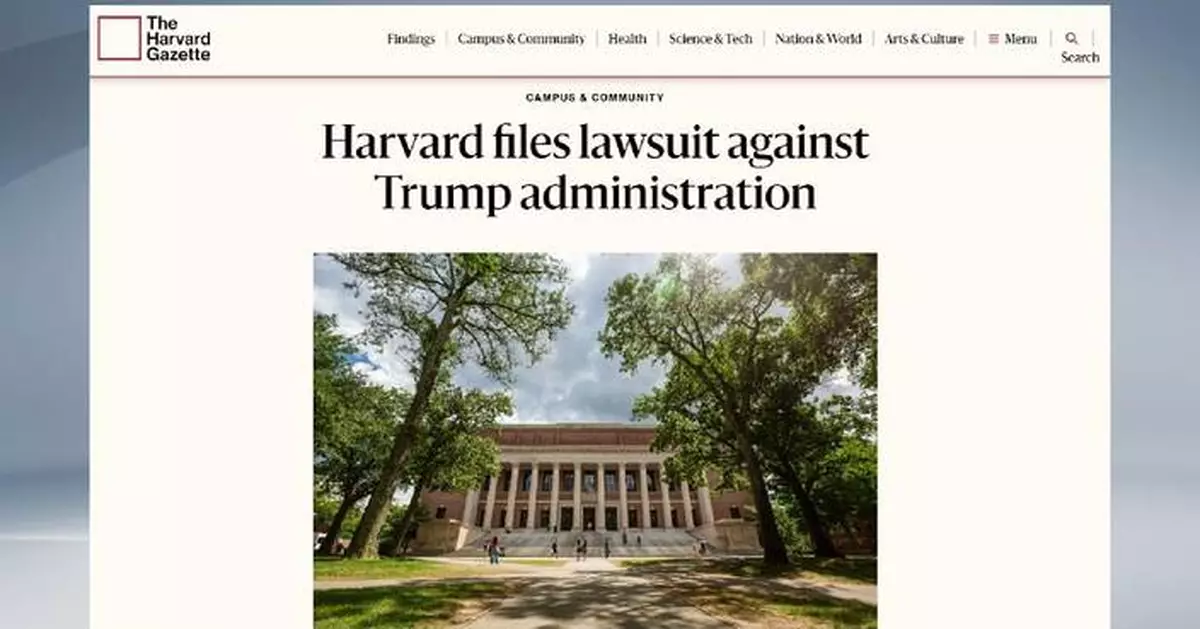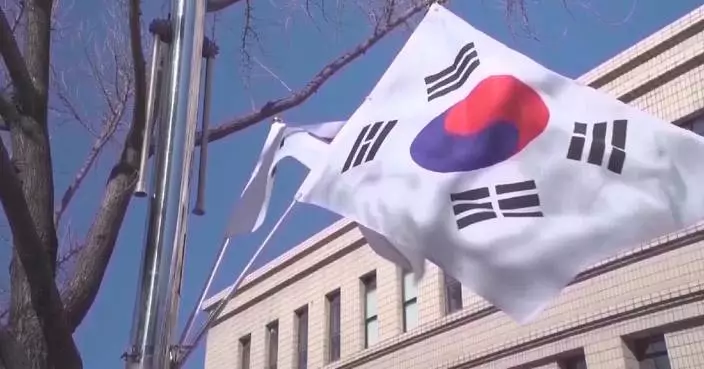Harvard University said Monday that it has filed a federal lawsuit against the Trump administration's funding freeze, calling the action "unlawful and beyond the government's authority."
In a lawsuit filed in the United States District Court for the District of Massachusetts, the university said that this case involves "the government's efforts to use the withholding of federal funding as leverage to gain control of academic decision making at Harvard."
Over the course of the past week, the federal government has taken several actions following Harvard's refusal to comply with its illegal demands, Harvard University President Alan M. Garber wrote in a letter to members of the Harvard Community.
A report by The New York Times said that the lawsuit "signaled a major escalation" of the ongoing fight between higher education and Trump, who has vowed to "reclaim" elite universities.
The administration has cast its campaign as a fight against antisemitism, but has also targeted programs and teaching related to racial diversity and gender issues, according to the report.
On April 11, Trump administration officials sent a letter to Harvard, demanding that the university make "meaningful governance reform and restructuring," noting that "an investment is not an entitlement."
On April 14, Harvard University rejected the Trump administration's demands to make sweeping changes to its governance, hiring and admissions practices. Just a few hours later, the Trump administration announced a freeze on 2.2 billion dollars in multi-year grants and 60 million in multi-year contract value to the university.
On April 16, U.S. Homeland Security Secretary Kristi Noem demanded that Harvard University share information about the foreign student visa holders' illegal and violent activities by April 30, or risk losing its authorization to enroll international students.
Since taking office in January, the Trump administration has issued warnings to several top U.S. universities, stating that they could face funding cuts if they do not adjust their policies.
The administration's main demands include eliminating what it describes as antisemitism on campus and dismantling diversity initiatives that favor certain minority groups.
Against the backdrop of the Israel-Palestine conflict, many universities across the United States saw a wave of pro-Palestinian protests last year, drawing increased government attention to alleged antisemitic sentiments on campuses.
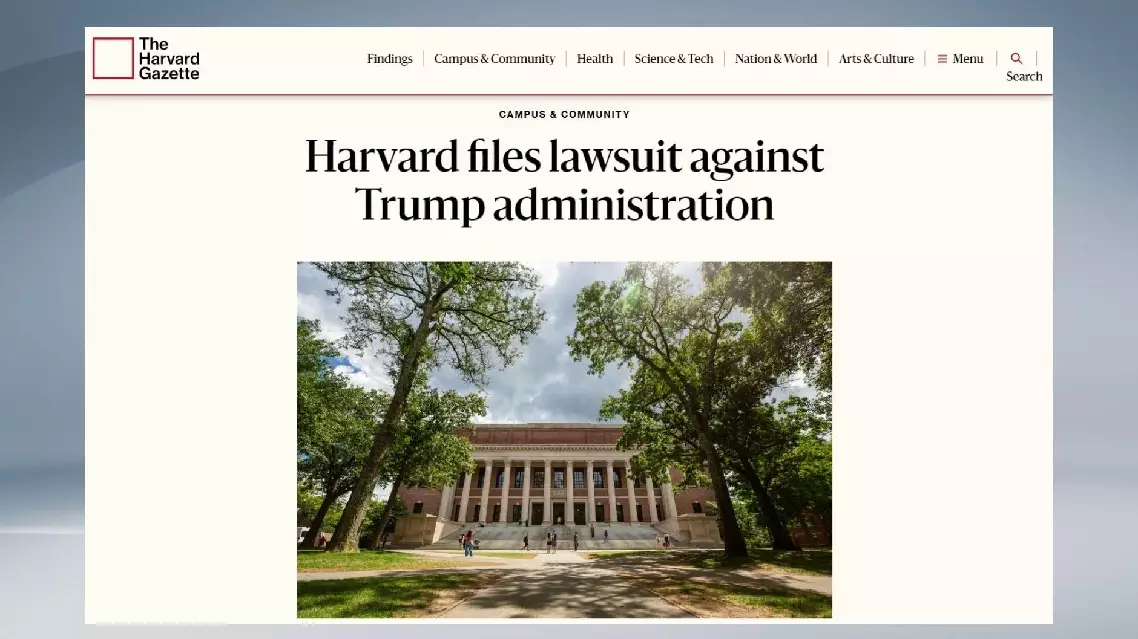
Harvard University sues Trump administration over funding freeze
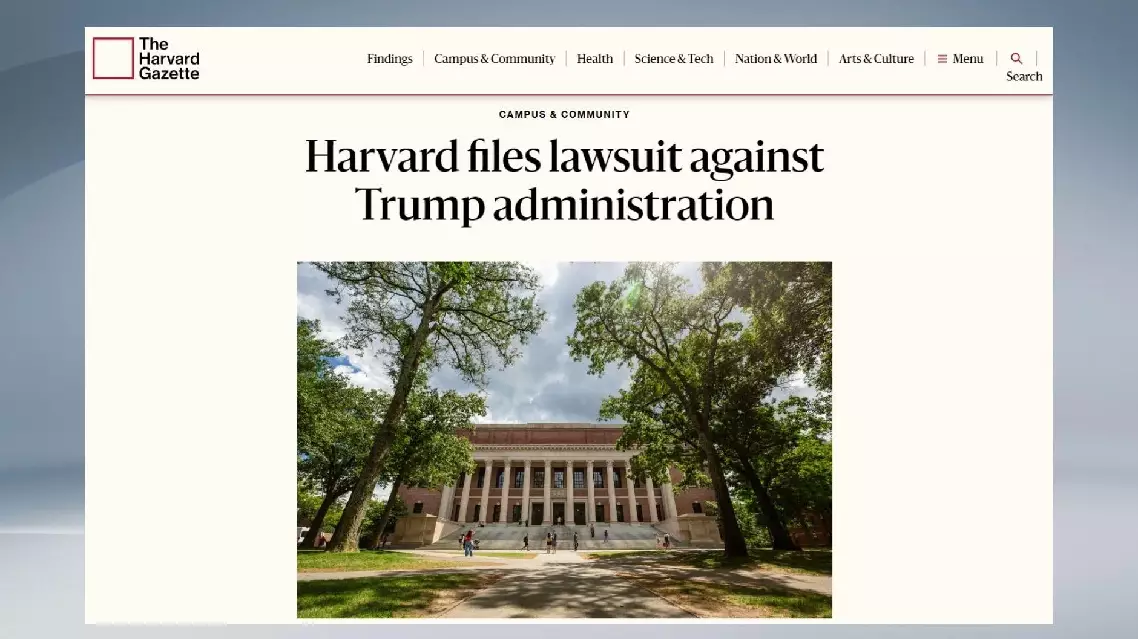
Harvard University sues Trump administration over funding freeze
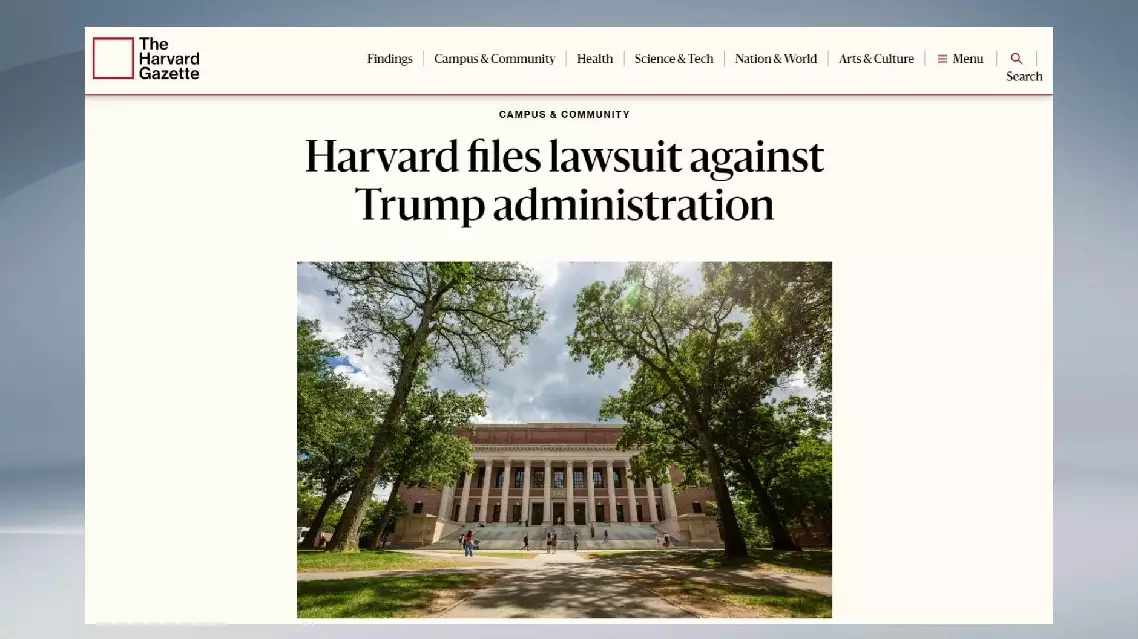
Harvard University sues Trump administration over funding freeze
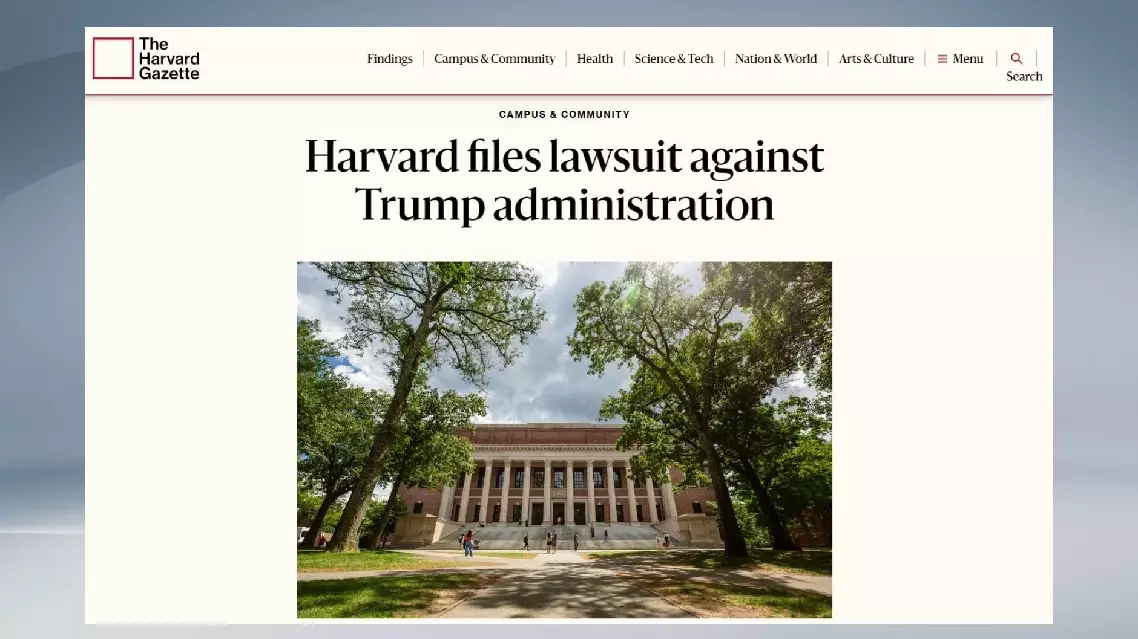
Harvard University sues Trump administration over funding freeze
Chinese Foreign Minister Wang Yi said on Wednesday that BRICS countries need to strengthen unity and cooperation to act as the most reliable force in safeguarding the legitimate rights and interests of developing countries.
Wang, also a member of the Political Bureau of the Communist Party of China (CPC) Central Committee and director of the Office of the Central Commission for Foreign Affairs, made the statement at the 15th Meeting of BRICS National Security Advisers and High Representatives on National Security in the Brazilian capital of Brasilia.
He stated that once-in-a-century changes are unfolding across the world at a faster pace, with new challenges, changes, and problems constantly emerging.
Yet regardless of how the international landscape changes, peace and stability remain a common pursuit of the international community, development and prosperity are always a common expectation of all countries, and seeking strength through unity among the Global South is always an unstoppable historical trend, he said.
Wang said that under the new global circumstances, more and more countries are willing to listen to the voice of BRICS and hope to join the BRICS family. The development of BRICS represents the growth of peace forces, the strengthening of development forces, and the empowerment of the forces of justice in the world.
BRICS countries must stand at the forefront of the times, strengthen unity and cooperation, demonstrate the assumption of responsibility, and promote the significant role of greater BRICS cooperation, to act as the most reliable force in safeguarding the legitimate rights and interests of developing countries, he noted.
Wang stated that a transactional approach in international politics and weaponizing global trade will only aggravate the trust crisis among countries and jeopardize global security.
Standing at the crossroads of history, BRICS countries must provide a clear answer: should they allow unilateralism to spread unchecked, or steadfastly champion for multilateralism, Wang said.
Concession leads nowhere and unity is where the hope lies, he added.
Wang said that BRICS countries should hold high the banner of multilateralism, take the lead in safeguarding the international system with the United Nations at its core and the multilateral trading system with the World Trade Organization at its core, and promote development of the international order in a more just and reasonable direction.
Other parties at the meeting agreed that BRICS countries should build consensus and make joint efforts to oppose all forms of bullying, interventionism and tariff abuse, adhere to multilateralism, defend the common interests of the Global South, and work together to build a multipolar world of peace, security, fairness and justice.
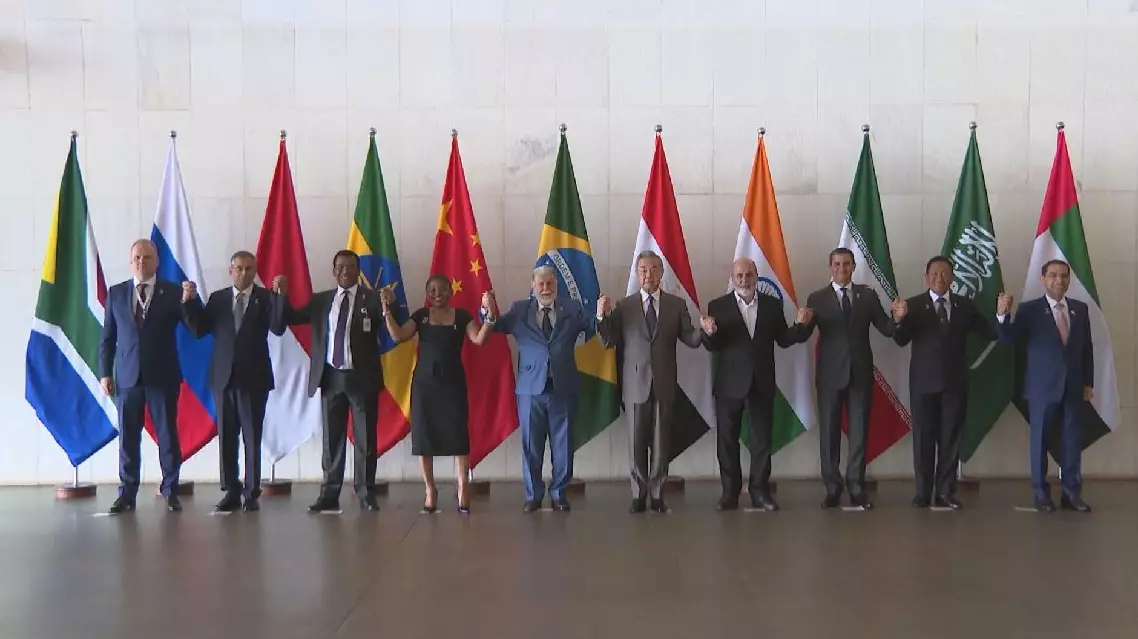
BRICS countries should become reliable force in safeguarding developing countries' rights: FM






